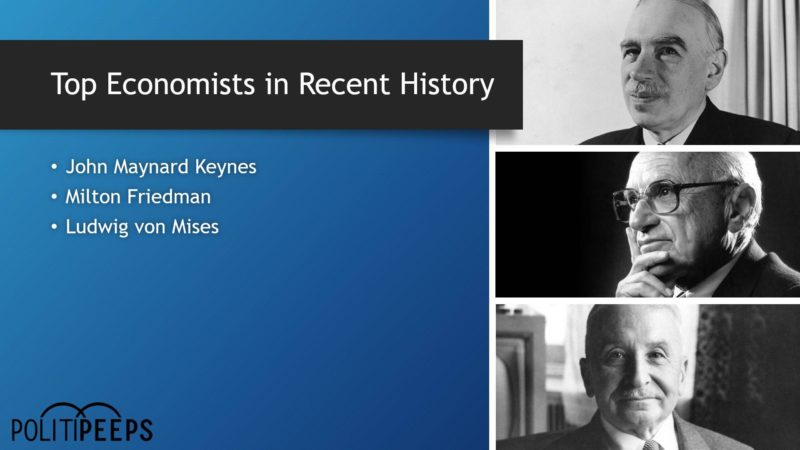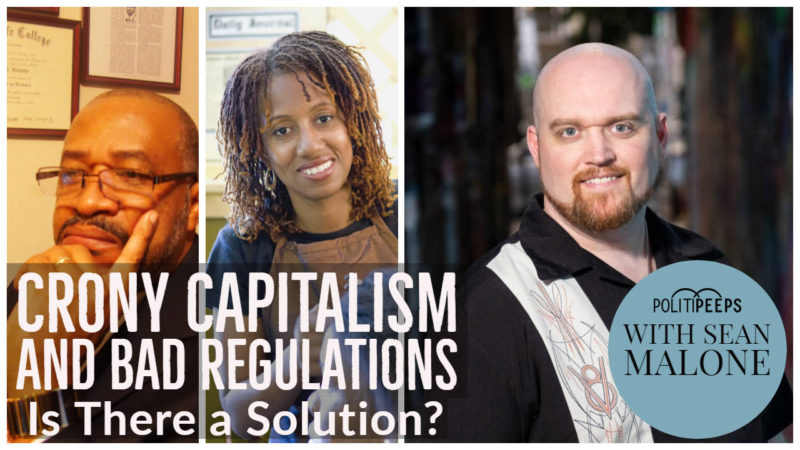Root Cause Analysis: An Effective Way to Expand Justice

Expanding justice has been a central theme throughout recorded history. Indeed, the founders of the United States of America began with a loud cry for justice. Society requires education and root cause analysis to not only make more progress but to avoid tragic mistakes.
When Justice Prevailed
Justice has come a long way in the two centuries our country has existed. Slavery ended in 1865, and women’s suffrage passed in 1920. The civil rights movement in the 1960’s extended full suffrage to all minority groups and women. These included the annulment of laws against misogyny. The most recent advance was the 2015 decision granting homosexuals the right to marry. Consequently, the gay community heretofore had unprecedented access to a full franchise as citizens.
When Justice Failed
Along the way, the U.S. took many mistakes and wrong turns. Jim Crow and forced relocations were major wrong turns. Politicians enacted government-sponsored evictions and housing programs. These had the stated intent of expanding justice, but consequences were disastrous.

Despite the progress we have made and the wrong turns we have corrected, we have a lot of work to do. Systemic problems hound minorities trapped in urban slums. Homosexuals still face significant resistance to their membership in our society. Immigrants and refugees are often trapped. Sometimes they die in a bureaucratic nightmare of red tape and obstructionism. Reproductive rights are under extreme pressure. Special interest groups from all corners work for their own ends. These groups have little regard for what happens to groups and people outside their purview.
Industrialization
Industrialization and the information age have made consumer goods available on an unprecedented level. Communication has increased safety and connectedness among people who often felt abandoned, alone, and vulnerable. Despite enormous gains, there are still many needs that go unmet, both at home and abroad.

Poverty Continues Despite Advances in Justice and Technology
These advances are not yet universal. Compassion and dignity demand we create a mechanism for the underserved and vulnerable. They deserve to find a pathway forward to take part in the marvelous bounty. But it’s not just compassion that drives us this way. The more people who take part in the new economy the stronger it gets and the more innovations we discover.
Selfishness Can Produce Good Outcomes
Pure selfishness should be enough to compel the powerful to address the needs and vulnerabilities of the underserved. Homeless people live on the streets today. Tomorrow, they could be highly-skilled workers. Many of the most intelligent people on the planet also suffer from diseases and conditions. These make them vulnerable enough to slip through the cracks all the way to the bottom. The girls and boys who today are homeless on the streets could save our world. They could develop the cures for war, environmental collapse, climate change, energy, and more. Compassion dictates we should help them. So does selfishness.

If everything points in the same direction, why haven’t we made more progress? We have made enormous progress in a short period of time, but now the problems we face seem intractable. It is important to remember that this is nothing new. Root cause analysis showed us that slavery seemed intractable, and its cost was extremely high. More than 600,000 Americans killed each other before the question was answered. Civil rights, women’s rights, gay rights; all of these issues seemed intractable and insoluble. Yet, we solved them and moved on.
Collectivist Intersectionality
Intersectionality is one heuristic discovered through root cause analysis. It is intended to address and ameliorate deep problems in society. Intersectionalists examine vulnerable classes and search for commonalities not apparent on the surface. They hope to find the root causes of social group vulnerability and exploitation. But there’s another option.
Individualist Egalitarianism
In contrast, egalitarians in the west are searching for solutions on the individual level. Most interactions between the individualist egalitarians and the collectivist intersectionals fractured because of misunderstandings and animosity.
Some people proposed that a lack of respect and trust between different schools of thought has stalled progress. Competition is healthy, but when it goes too far and creates hatred between groups, communication breaks down. Furthermore, the efficient exchange of ideas cannot take place, and, one could argue, the result is we end up right where we are at.
Michel Foucault
Michel Foucault was a controversial thinker from the 60’s. He proposed that powerful institutions created to help the poor and vulnerable can be subverted and lead to greater abuses. Controversy dogged his steps. It materialized as accusations of shoddy academic work, poorly sourced research, and overly vague conclusions. He was also an advocate of violent revolution and would not disavow torture.

Despite the controversy, Foucault created an energetic following that has grown since his death in the 80’s. A proper way forward would be to engage on the topics where there is no controversy: corruption infests all structures of power. On this point both his followers and opponents can agree. It follows that if a large enough group finds his teachings valuable, there is opportunity. For this reason, his opponents should engage in those areas where there is the most agreement. Root cause analysis wins again.
Public Choice Theory
If a relationship of trust and mutual respect can be forged then more controversial elements can be discussed. If respect and trust cannot be created then we will have lost nothing in the attempt, and parties who are talking are less likely to be violent towards each other.
An apparent augmentation to Foucault would be Public Choice Theory, where lessons in economics have been applied to politics. Despite a tradition of democracy and a strong desire for human rights and justice, many problems remain unsolved. Public Choice and Intersectionality are two related interpretations of how and why inequalities are created and perpetuated.

Next Steps in Root Cause Analysis
As we move forward in our quest for human rights and prosperity it is apparent that the desire to do better is not enough. We must study and investigate the root causes of injustice and uncover the pathways that will lead us most quickly to an improved state of being. Ideally, we will find systems and patterns we can apply over and over again as we make progress and uncover new and heretofore unknown examples of injustice and privation. Poorly thought out plans will result in an expansion of injustice. Therefore, it is imperative we understand the problem thoroughly as we act to help the vulnerable members of our society.





Facebook Comments